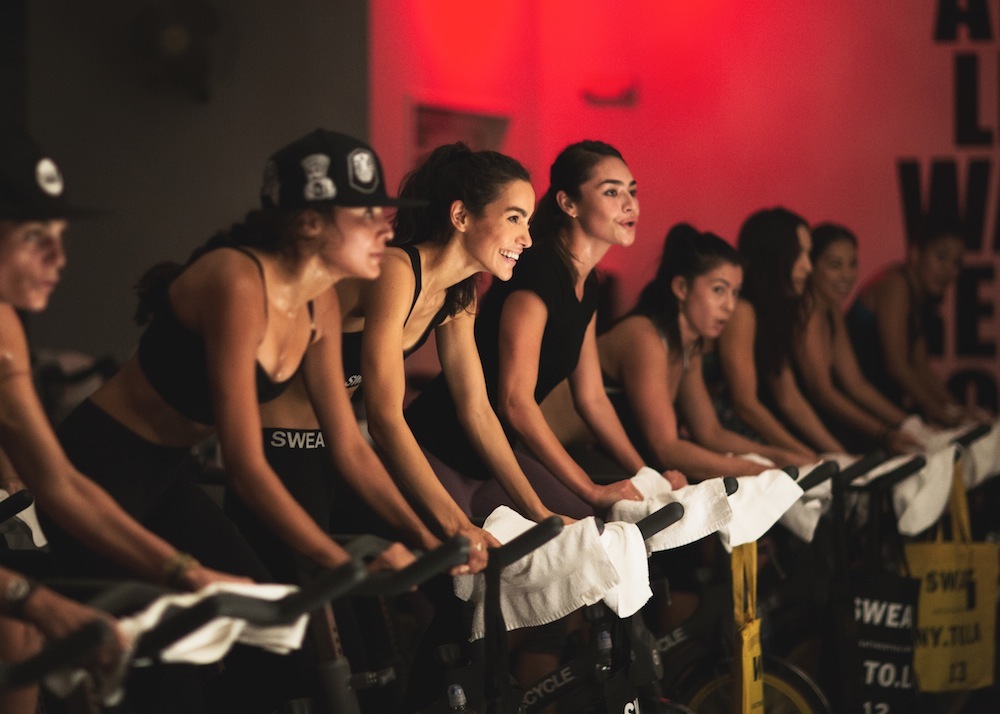You’re scared. The amount of time you’ve invested in training up has created an expectation and in 42km, a lot can happen to cause a lapse in performance.
You might have 4 weeks, 1 week or just a night before your race day. If you’re participating in the upcoming SCMS, you’ve slightly less than 3 weeks. And we’re here to give you some reassuring last minute advice for you to kill the race.
#1 Elite runners eat carbs
Carbs is the main fuel for your body and running helps you lose the calories you take in. You’ve heard it before but that doesn’t give you the license to broaden your belly with pizza and white rice. Especially so for everyday nutrition, go for whole grains such as brown rice, quinoa and whole oats. They contain fibre and keep you full for a longer period of time, AND gives you the energy you need during a training. For the day before your run, make carbs the main portion of your meals and lunch the most important meal of your day. This would also help those who have trouble waking up at 3am to have a meal before their 5am run. If your stomach allows it, replenish your glycogen stores by consuming low-fat, low-fiber meals about 1-2 hours before your run.
#2 Elite runners do MORE than running

Running wears out your body, especially when you weave in pace runs and speed work. To prevent your joints and connective tissues from going on strike, cross-train. Hitting the elliptical, swimming and rowing can train your aerobic fitness. They also build upper body strength, which helps you maintain proper form during your runs. Other options would include Yoga, Pilates or an introductory session to Martial Arts.
#3 Elite runners have training plans
It’s easy to wave your hands and talk about winging it. After all, running is just a tad faster than walking, which is something you’ve been doing all your life right? Wrong. Running works your hamstrings a lot more to complete the gait cycle and requires good ankle dorsiflexion. With impaired mobility at your ankle, knee and hip joints, compensatory movements tend to result. These can lead to muscle imbalances and injury. So if it’s your first time taking on a marathon or half-marathon, we encourage you to look for what experts have to say.
#4 Elite runners know how to taper
In the final weeks leading up to the race, drop your mileage by 25 to 50 percent. Sounds appalling and for those engineered for physical activity, it’s going to make you feel like a million ants crawling under your skin. But the whole idea for it is to make sure your musculoskeletal system is refreshed for the race. Start tapering 2 weeks before your half-marathon and 3 weeks before your marathon. Keep the same pace runs and speed work, just with reduced mileage.
#5 Elite runners never scrimp on warm ups

While you’re quenching down your electrolyte drink, do some dynamic stretches. Deep squats, forward/side/back lunges and throw in some ankle rotations. It raises your body temperature, opens up your hips and braces you for the hard run ahead.
Remember, experts all started somewhere and more often than not, it’s the discipline to keep to basics that helps them maintain a strong foundation for continued improvement. So don’t worry about starting slow or being too slow, there’s something for every runner.


